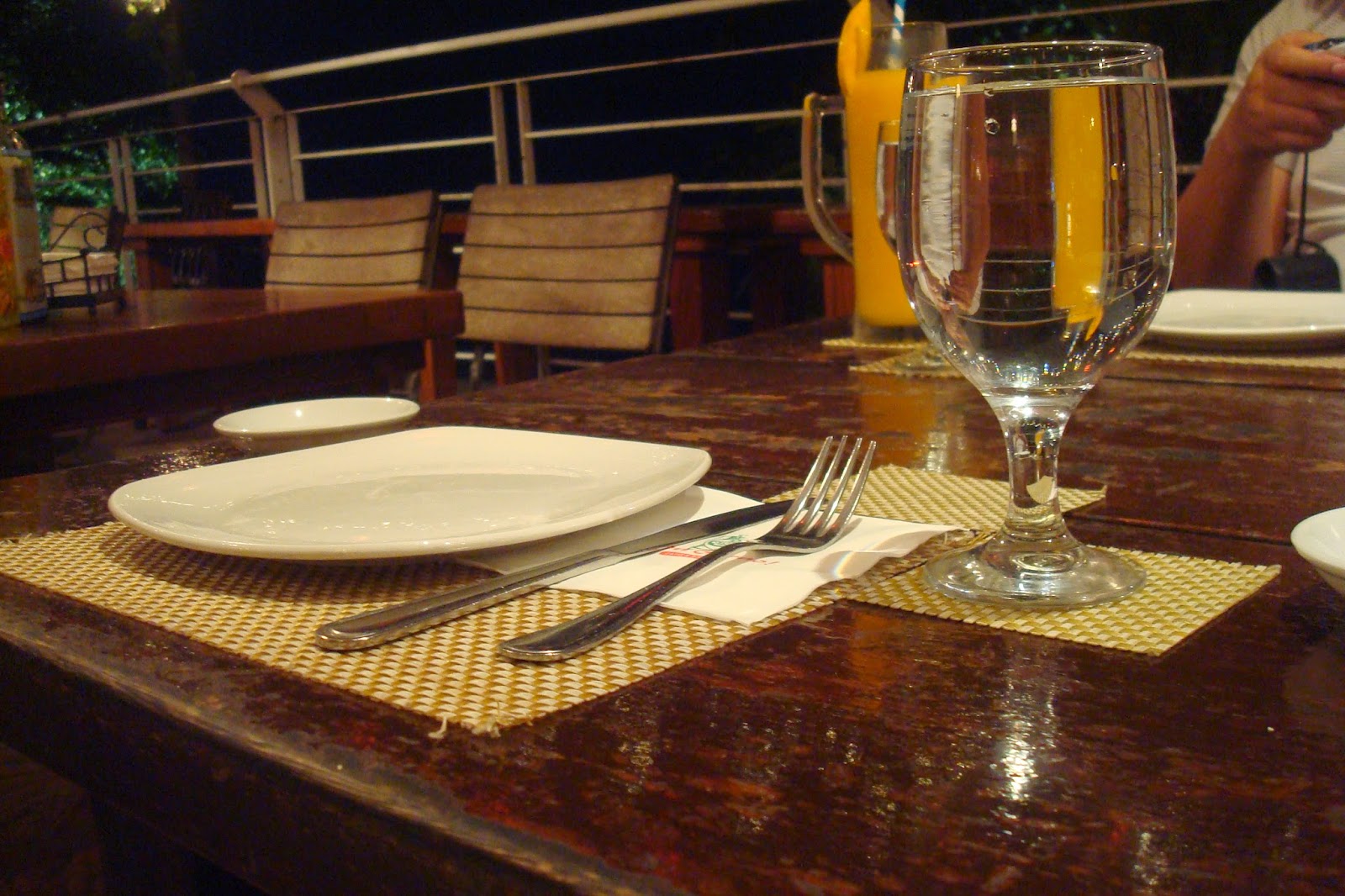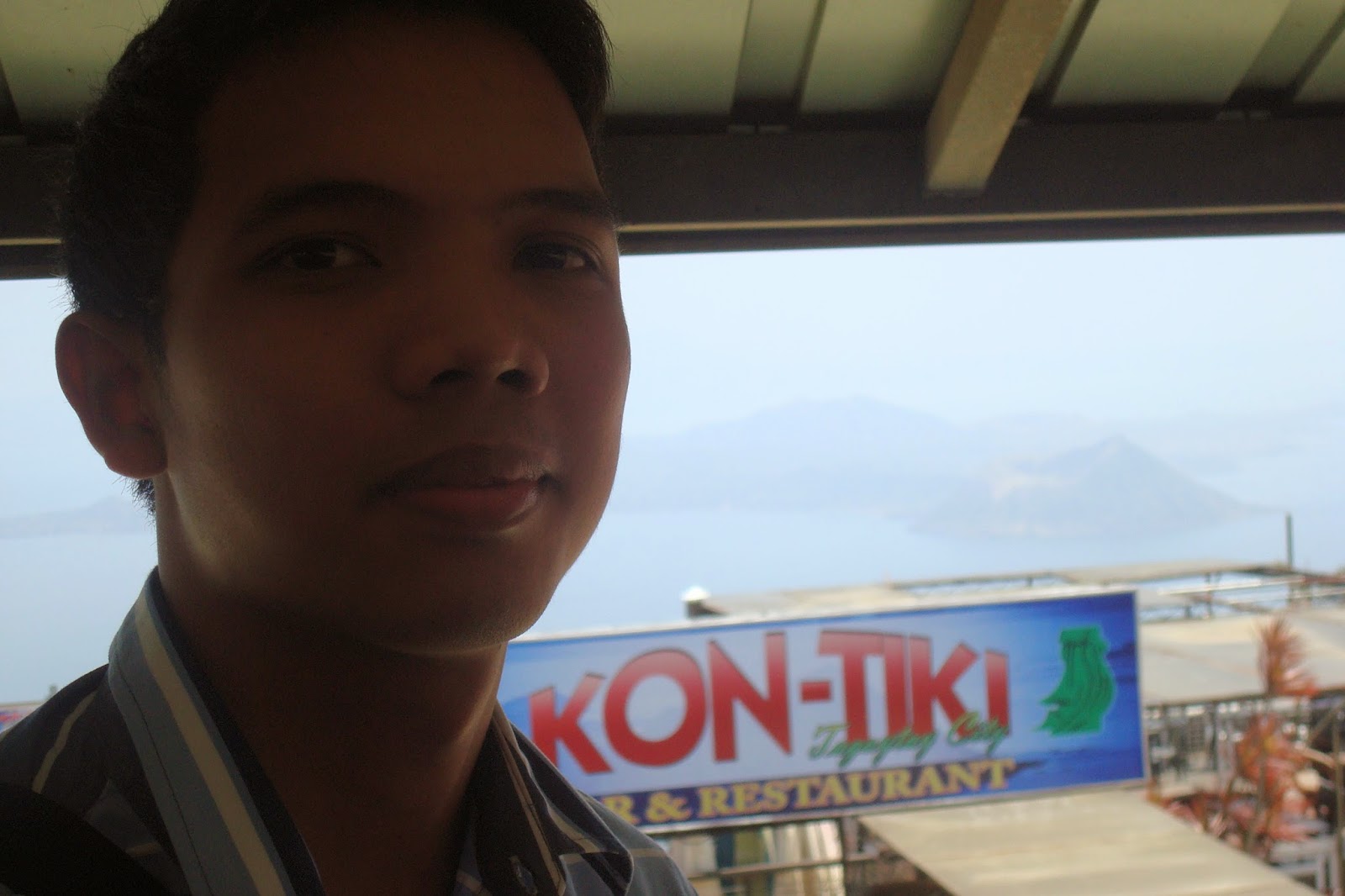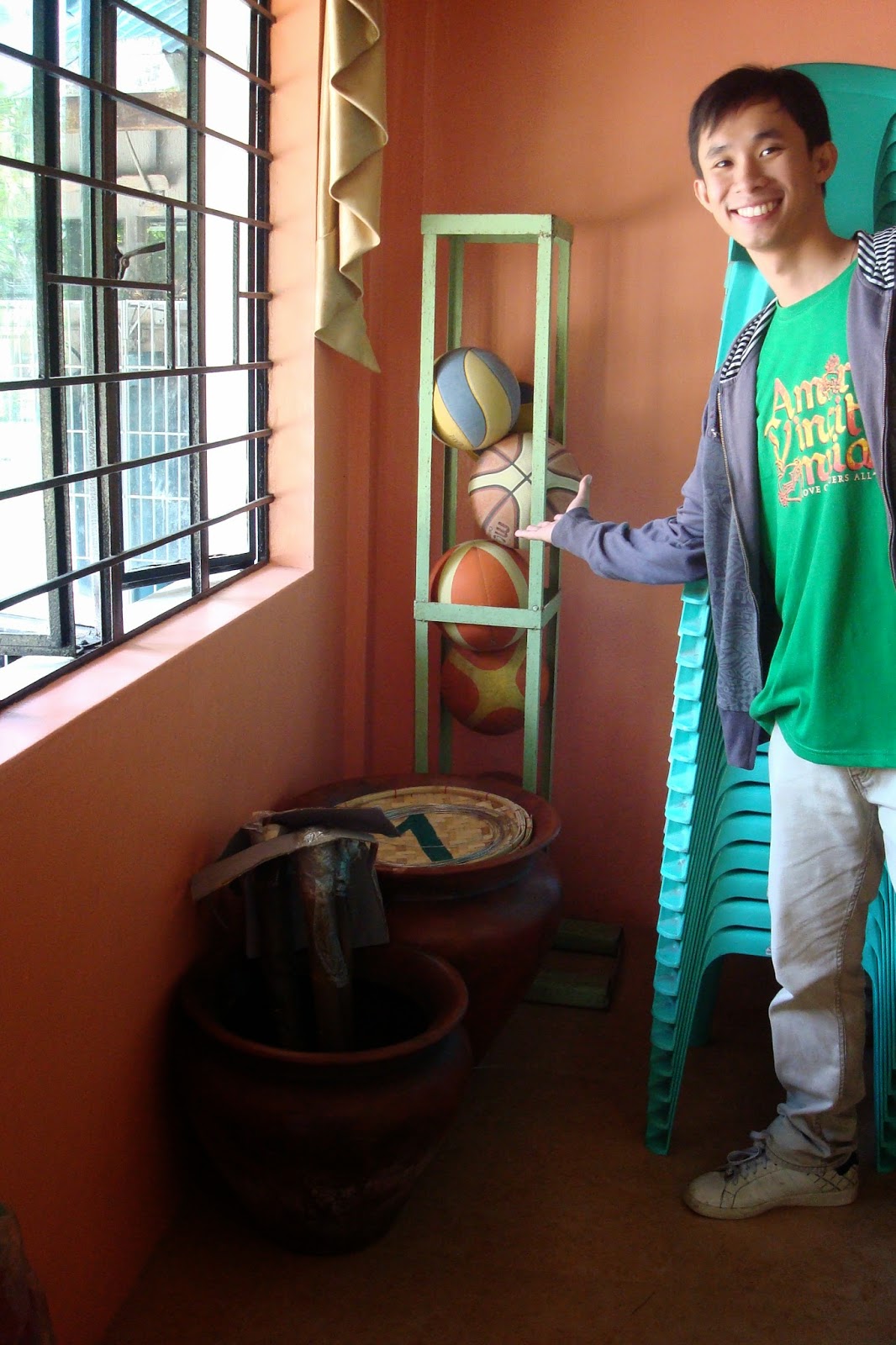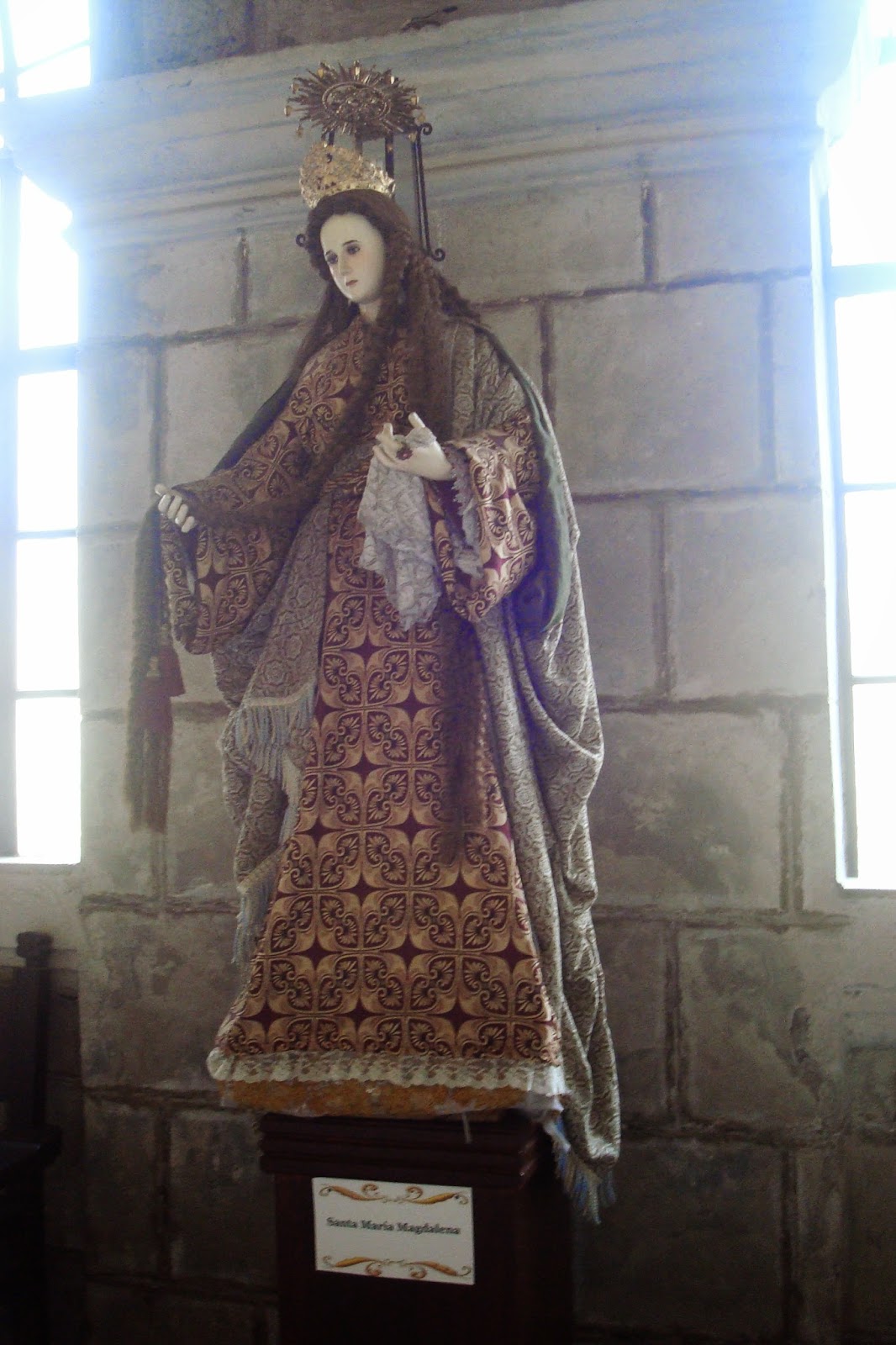we need prophets - 17th week Saturday 2014

Our reading today is a continuation of yesterday’s passage when the people wanted to kill Jeremiah because he prophesied that Jerusalem will be destroyed. But through his own defense and the timely intervention of certain men his death sentence was averted. The situation in Jerusalem was such that people there began to think that nothing that offends their sensibilities or contradicts their desires can come from God. So it’s like saying - it saddens me, it frightens me so this must not have come from God. It gives me discomfort, it compromises my position, it inconveniences me, so this must not have come from God. It puts me at a disadvantage, it puts me down, it does not make me happy and comfortable, then it must not have come from God. It is suffering, it is pain, it is a burden, then it must not have come from God. Nowadays we only want to hear what we love to hear.












